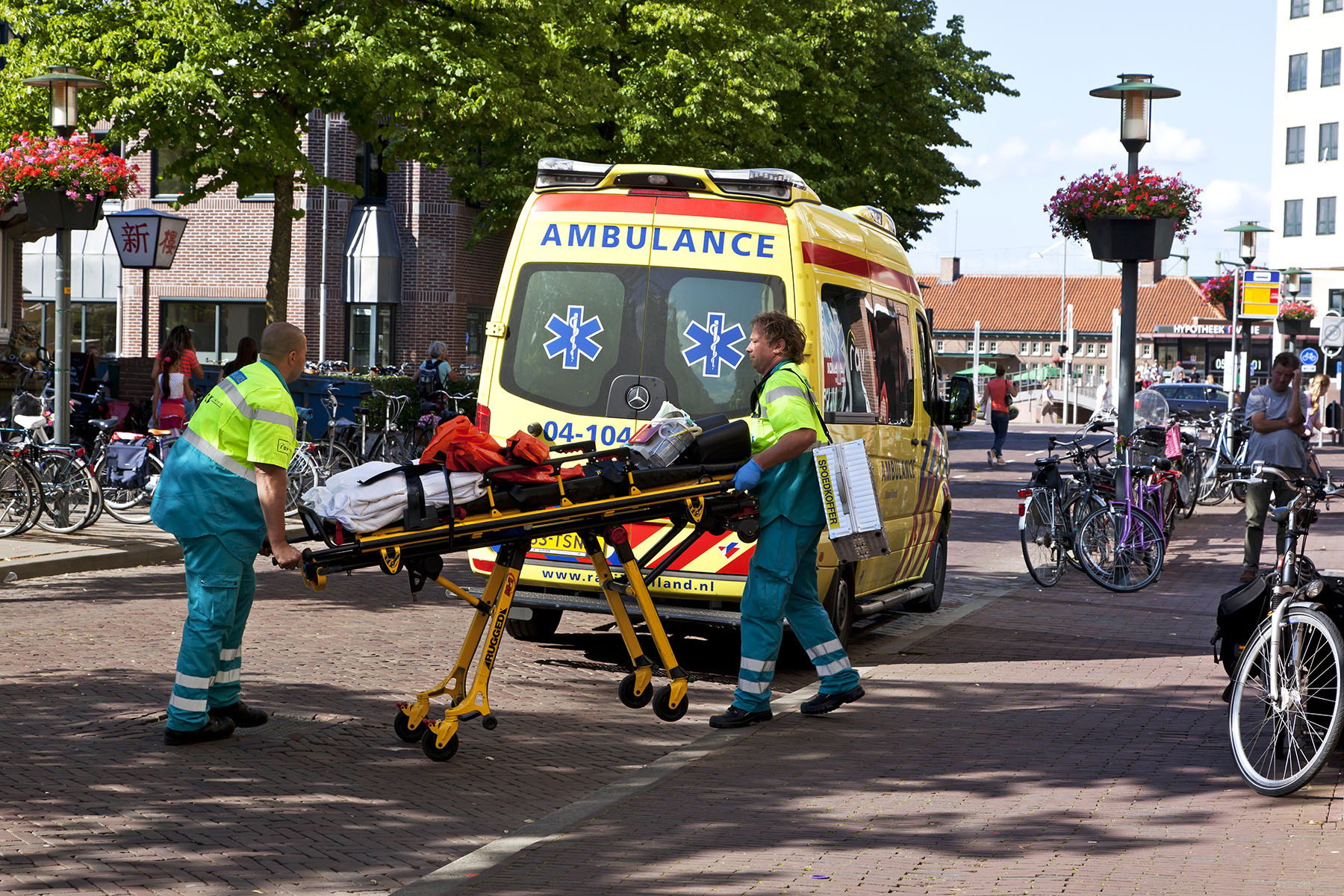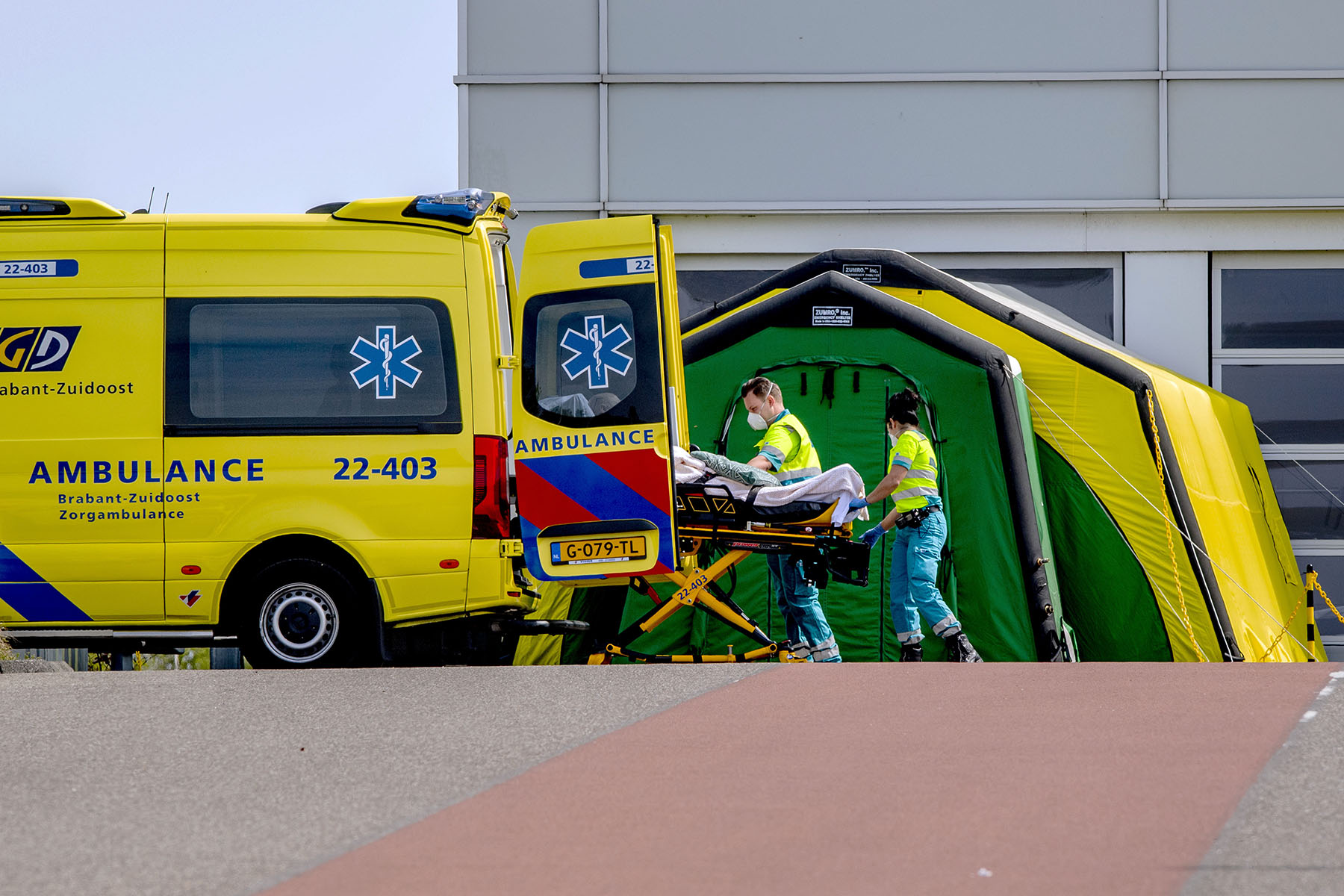Taking care of your mental health is just as important as looking after your physical well-being. Unfortunately, you’ll find that the previously robust Dutch mental healthcare system is not what it used to be. The wait times increased sharply during the pandemic, and accessing the right support can feel daunting – especially if you’re unfamiliar with how the system works.
Whether you need short-term support or ongoing care, this guide will help you understand how to access mental health services in the Netherlands.
- Mental healthcare services in the Netherlands
- How to access mental healthcare services in the Netherlands
- Psychologists, psychiatrists, and therapists in the Netherlands
- Drug and alcohol mental health services in the Netherlands
- Services dealing with eating disorders in the Netherlands
- Children and young people’s mental health
- Mental health services in the Netherlands for special groups
- Emergency support and crisis lines in the Netherlands
- Useful resources
Inner Peace Counseling
Are you seeking a happier, healthier life? Inner Peace Counseling is the practice of Dr. Jasmine Rutherford, a psychologist from the U.S. She offers in-person sessions in West-Friesland or online therapy from anywhere in the Netherlands. Contact Inner Peace Counseling today for a free phone consultation.
Mental healthcare services in the Netherlands
The Dutch government states that mental healthcare is fully integrated within the country’s healthcare system. This is overseen by the Ministry of Health, Wellbeing, and Sports. However, mental healthcare operates directly through the GGZ (Geestelijke Gezondheids Zorg or Mental Healthcare), the public institution in charge of the complete network of mental health facilities and professionals across the Netherlands.
In parallel to the public GGZ services, you can also find psychologists (psycholoog) and psychiatrists (psychiater) in private practices. Depending on the area where you live, the current wait times at the GGZ can be longer than a year, while some private practices will accept to register patients within a couple of months. However, you must ensure that these private sessions will be covered by your health insurance policy – more on that later.
Other relevant institutions include Trimbos, which focuses on drug use and addiction, PsyQ, which provides overall mental health assistance including psychology and psychiatry, and Parnassia, which specializes in psychiatry.
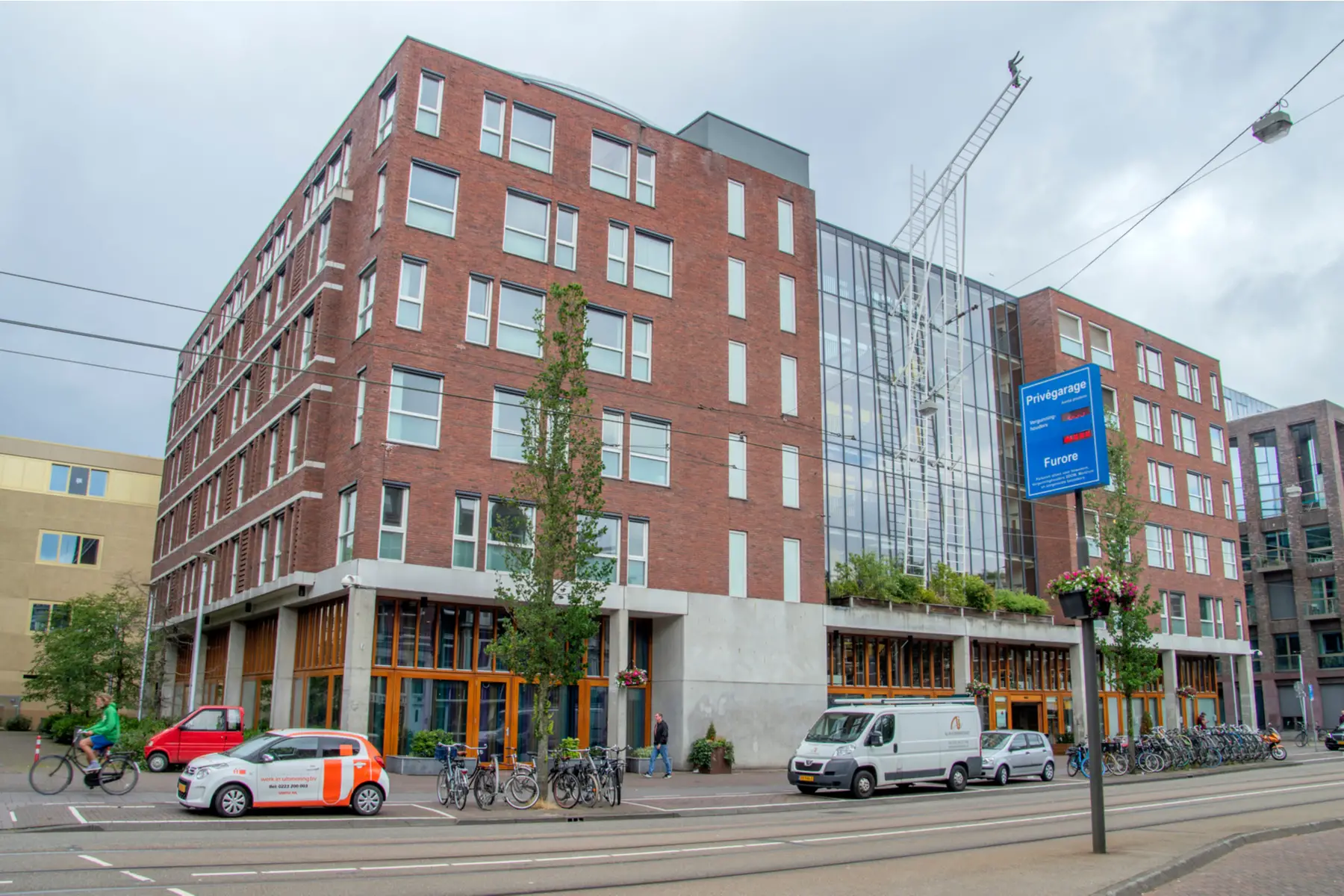
Social organizations and nonprofits also provide a variety of voluntary services relating to mental health. For example, De Regenboog Groep created its ‘buddy assistance program’ which links a person in need with a volunteer who can meet with them once a week and help their social needs.
How to access mental healthcare services in the Netherlands
As a newcomer to the Netherlands, navigating the Dutch healthcare system for the first time might seem a little intimidating. To assist with that, and to learn about how to arrange Dutch health insurance, you can read our guide to the healthcare system in the Netherlands.
As mentioned in the guide, your GP (huisarts) is your first line of contact when it comes to your mental health. To register with a GP, you must have private health insurance and a social security number (a burgerservicenummer – BSN).
Some GP practices have a counselor trained in mental healthcare on staff. These are called POH-GGZ. They are able to assist with minor situations like stress, mild depressions, burnout, or anxiety. If the problem falls beyond their scope, they then become the first step towards a referral to a specialized professional, such as real therapist or psychiatrist.
If a GP or the POH deem it necessary, they will refer you to either primary or secondary mental healthcare. Primary care is designed to treat mild to moderate problems and can include counseling sessions with a psychologist, psychotherapist, or psychiatrist. Secondary care is meant for more severe diagnosable conditions with specific treatment paths.
Is therapy covered by insurance in the Netherlands?
Usually therapy is covered by Dutch private health insurance, but it’s important to first make sure your chosen provider (especially one from a private practice) has BIG registration (Beroepen in de Individuele Gezondheidszorg). This is a protected title under Dutch law, so only healthcare professionals with BIG registration are legally recognized to provide reimbursable care.
Examples include GZ-psychologen (healthcare psychologists), psychotherapeuten, and psychiaters. These professionals can usually bill insurance directly – but only if they also work within the insured mental healthcare system (GGZ) and you have a referral.
Here are some other important details to know.
- The first €385 of your healthcare costs (the deductible, or eigen risico) must usually be paid out of pocket each year before coverage kicks in.
- Sessions for mild issues (e.g., stress or work-related burnout without a medical diagnosis) may not be covered and might need to be paid privately.
- Supplementary and international insurance can sometimes cover additional types of therapy, like alternative treatments or more extensive mental health care, but this depends on your provider.
Cigna Global
Enjoy peace of mind while living in the Netherlands with Cigna Global’s long-term international health insurance plans (12+ months). Get tailored coverage, direct billing with many providers, complex case management, and global care on demand, with access to a network of 1.5+ million doctors, specialists, and therapists.
Some of the international health insurance companies in the Netherlands include:
You can read more about how Dutch health insurance works in our guide. You can also get some quick quotes by visiting our health insurance quotes page.
Psychologists, psychiatrists, and therapists in the Netherlands
The Netherlands has many psychologists and therapists specializing in treating expats and internationals. These professionals are often expats and have a good understanding of the issues that affect people living abroad. If you’re interested in this type of therapy, many counselors offer both in-person and online sessions, like Inner Peace Counseling.

Several organizations provide a list of healthcare professionals, ranging from psychologists to psychiatrists and everything in between. In the Netherlands, you require a GP referral for a primary care consultation with a mental health expert.
In the Netherlands, trained professionals provide social services, including aid in psychological issues. They are available 24/7, and you don’t require a referral from your GP to access them. Other organizations, like Fiom, also provide similar private services and don’t require a GP referral, either.
Drug and alcohol mental health services in the Netherlands
Drug and alcohol addiction can require specialized attention and treatment and can lead to mental difficulties. These services are often covered in the ‘mental health’ clause of the standard health insurance policy.
However, the extent of that coverage can vary from one provider to the next. Therefore, check the particular coverage range for these services if you think you might use them. You can access these services through a referral from your GP.
The network for addiction treatment and derived mental health conditions is vast and extensive across the Netherlands. For instance, De Nederlandse GGZ is the Dutch Association of Mental Health and Addiction Care. It informs nearly a hundred organizations focused on mental healthcare and addiction treatment.
Furthermore, one of the primary sources of information and aid in the country is the Trimbos Institute, which gathers over two hundred specialists in the use of addictive substances and their mental health effects. This includes legal substances such as tobacco, alcohol, and cannabis.
Because Trimbos is an NGO, you do not require a referral from a GP to access it. You can arrange a consultation, even for mild issues, through the Trimbos Institute website or by calling +31 (0) 30 297 1100.
Services dealing with eating disorders in the Netherlands
If you or someone you know is looking for treatment for an eating disorder, the process is the same as any other – i.e., through a GP referral. However, although these services are meant to be compiled under the ‘mental healthcare’ title in your health insurance policy, they generally go unmentioned. This may be in part because eating disorders disproportionately affect young people, especially teenage girls.

So, where can you find help for these issues? One of the main sources is the Dutch Academy of Eating Disorders (NAE), which provides a network of over 150 professionals from a variety of fields that specialize in eating disorders. This includes psychologists and psychiatrists but also nurses, dietitians, and specialized pediatricians. Other recommended organizations include Novarum and Changes GGZ.
Children and young people’s mental health
The Dutch government website provides a thorough guide on the different ways to safeguard a child; from Centers for Youth and Family that aid in their upbringing to a National Council for Child Protection that can place children under a family guardian, if necessary.
The mental health of minors is (strangely) handled differently in the Netherlands. Help and treatment are not covered by health insurance. Instead, they depend on funding from the municipality. The first port of call, after your GP, is therefore usually your local Centrum voor Jeugd en Gezin (CJG).
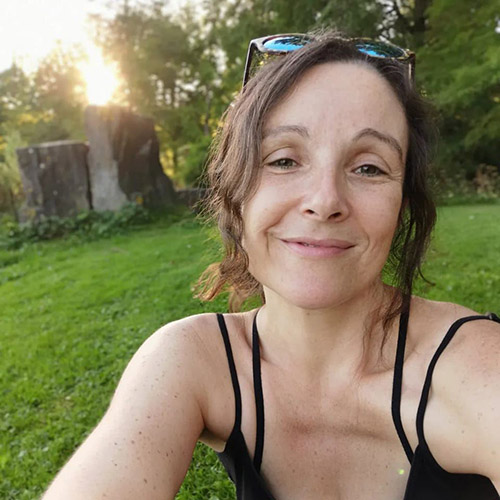
Editor in Chief
Marie-Charlotte Pezé
Insider Tip: the CJG
The advantage of the CJG is that it’s a very well connected organization that will support you and your family from beginning to end.
Not only will they provide financing and help you find mental health professionals, they will also look at alternative or complementary solutions such as occupational therapy through art, theater, or animal care.
The disadvantage? There may be a wait list to access the CJG.
Children under the age of 18 who are in need of a mental health consultation can go to Jeugd GGZ, an institution that focuses on child and teenager care. These referrals will most likely be for primary mental health consultations with the possibility of further referrals if the issue requires it.
There is also a Veilig Thuis (Safe House) in every region of the country which assists victims, perpetrators, and bystanders in the safe-keeping of children as well as young adults and the elderly. You can reach them 24/7 by calling 0800 2000 free of charge.
The wait times at Veilig Thuis have also been indecently long in the past few years. Some families must wait as long as nine months to open a file.
Mental health services in the Netherlands for special groups
In the Netherlands, specific mental healthcare services are provided for certain groups. For instance, women can access a range of services and treatments that fall within the country’s women’s healthcare provision.
When it comes to women’s mental health, however, many issues are often related to gender violence. In this case, organizations such as the Arosa Foundation and MIND Korrelatie offer psychological aid to women in need.
NGOs such as Opvang Atlas can also help and find suitable shelter for people who are either unhoused or fear they will become. This includes those who are leaving imprisonment, victims escaping sexual exploitation, or anyone who no longer feels safe at home.
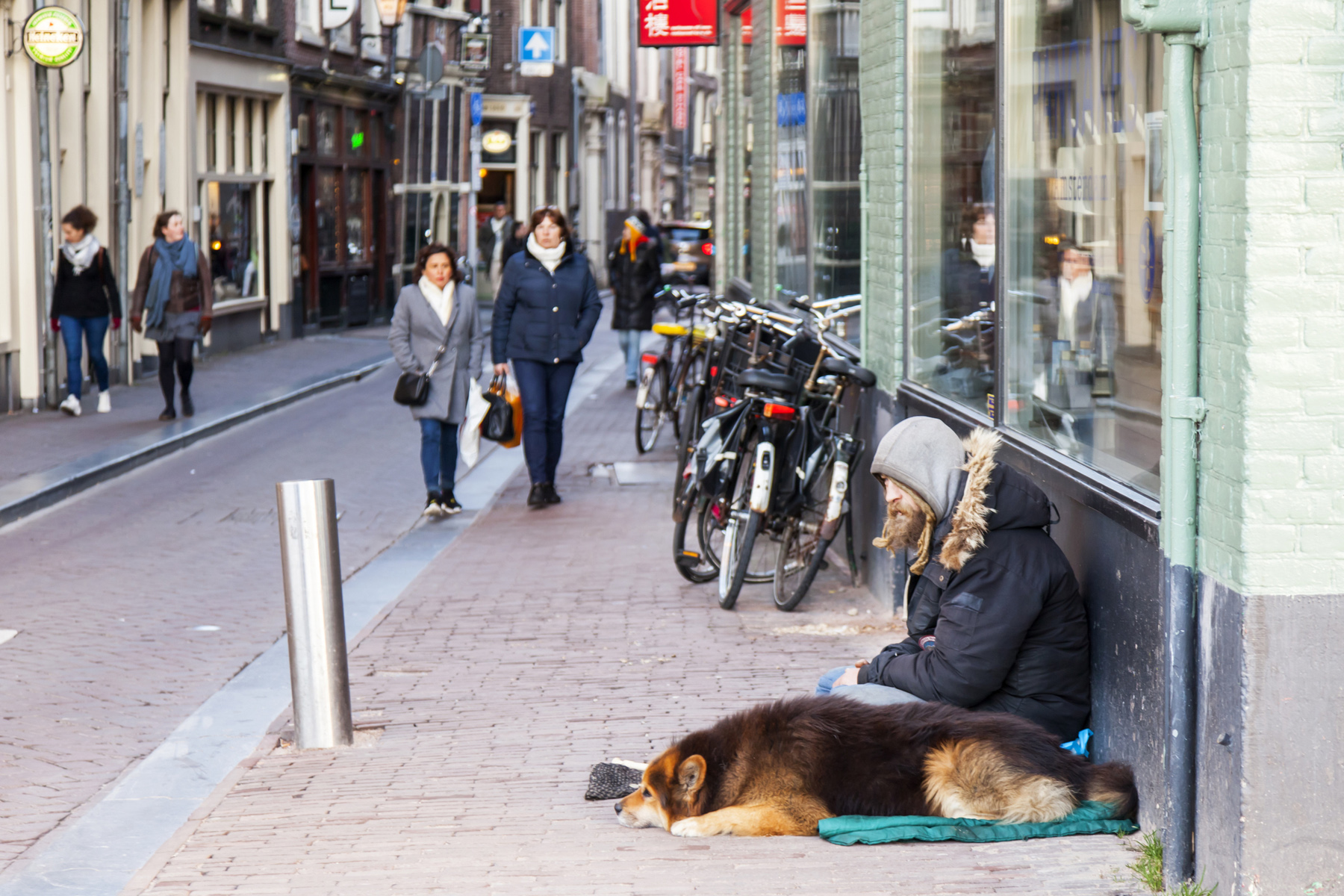
Slachtoffer Hulp Nederland does a similar job but also aids in the criminal process and the search for compensation for victims. It works together with the police as well as other major institutions and offers its services for free.
Help for those with severe and long-term symptoms
If your mental health symptoms are acute or severe and you’re to a mental health institution or facility, you will be covered for free during the first three years of treatment, as per the Chronic Care Act (WLZ).
Additionally, the Psychogeriatric and Intellectually Disabled Persons Act (WZD) protects people with intellectual disabilities or dementia. It covers the fees of voluntary care for those living with these conditions.
Finally, because of the Compulsory Mental Healthcare Act (WVGGZ) in the Netherlands, people who might pose serious harm to themselves or others are also covered for their mental healthcare needs. In turn, they also have a body of legislation in place that protects their rights during care.
Emergency support and crisis lines in the Netherlands
If you or someone you know is experiencing acute, severe psychiatric symptoms, you may need to contact emergency support or a crisis line. Below are the main services and contact numbers in the Netherlands that can provide immediate mental health support:
- Emergency services (ambulance, fire, police): 112
- Police (non-emergency): 0900 8844
- Suicide hotline: 0800 0113 / 113
- Domestic, child, and elder abuse (Veilig Thuis): 0800 2000
- Sexual Violence Centre (CSG): 0800 0188
Useful resources
- Government.nl – the main mental healthcare page from the Dutch government which provides information on how to seek help
- Geestelijke Gezondheids Zorg (GGZ) – the institution that provides a network of mental healthcare across the Netherlands
- Access NL – an NGO dedicated to expat healthcare and provides an on-call counseling service


